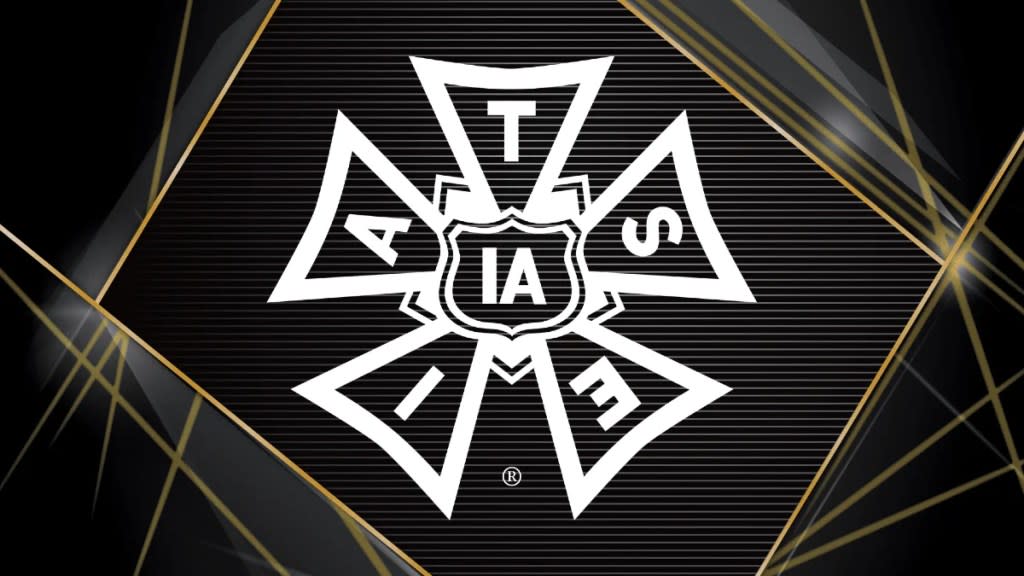IATSE Pivots Talks, No Deal Yet on Hollywood Contract

IATSE has completed its third week of negotiations on the Hollywood Basic Agreement, but has not yet reached a deal as it prepares to pivot to the Area Standards Agreement over the next two weeks.
The union announced the update in a memo to members sent on Friday, noting that it will resume talks on the Hollywood Basic Agreement in early June. Insiders with knowledge of the talks tell TheWrap that while not all of the key points in the contract have been hashed out, there is optimism that negotiations are still on track for a deal to be reached sometime in June.
“We are working toward setting additional bargaining dates to continue to negotiate the deal our members deserve,” IATSE international president Matthew D. Loeb said in a statement. “Talks remain ongoing and we are focused on achieving the goals we came to the table with: improved wages and safer working conditions, consistent funding for our benefit plans, reasonable AI and subcontracting protections and appropriate enhancements to our Video TapeAgreement and Side Letters.”
Talks for ASA negotiations are now set to begin May 20. The existing agreements expire July 31, with neither party wanting extensions.
The Hollywood Basic Agreement covers wages, safety, economic stability, working conditions, subcontracts and other labor terms for 13 IATSE locals that cover below-the-line workers in Los Angeles, while the Area Standards Agreement covers workers for 23 other locals around the country. Additionally, the Hollywood Basic Crafts joined the IATSE Basic Negotiating Committee in discussions for two days this week.
The stakes are high for both the union and the whole of Hollywood, which has seen a substantial drop in the number of active productions since last year’s double strike by the WGA and SAG-AFTRA ended last November. Thousands of IATSE members have had difficulty finding work after burning through their financial reserves during the 191-day work stoppage, and some members have told TheWrap that they or their colleagues have considered changing professions to find financial stability.
The drop in active productions has made contributions by AMPTP member studios to the Motion Picture Industry Pension and Health Plan (MPI) a major topic in the IATSE contract talks, as the plan is expecting a $670 million shortfall. After the WGA and SAG-AFTRA successfully negotiated performance-based streaming residuals for their members, IATSE is seeking a similar streaming residual in addition to the hourly wage contributions that serve as the MPI’s main source of funding.
Artificial Intelligence has also been a major issue in negotiations, as the rapidly developing technology has already made substantial changes to how many production departments under IATSE’s jurisdiction operate. The union is seeking protections for its members to ensure that workers remain at the center of any potential use of AI rather than rendering them obsolete.
The other perennial issue that may be addressed is that of turnarounds. For many contract cycles, IATSE has pushed for shorter shoot days to allow workers more time to rest, with some members telling TheWrap that they and their colleagues have had instances where they have fallen asleep driving home late after shoots.
In the last contract negotiated in 2021, IATSE was able to secure 10-hour turnaround minimums for pilots and TV shows in their first season, but studios have been reluctant to expand such minimums to a larger scope as it would lead to longer and costlier productions.
Negotiations on the Area Standards Agreement are currently set to last through the end of May. Assuming that a deal is reached on the two agreements, the tentative contracts would face significant scrutiny from a highly engaged IATSE membership. An organization called CREW (Caucus of Rank-and-File Entertainment Workers), circulated a petition earlier this week calling on IATSE to provide more transparency about the state of negotiations beyond what has been shared in memo updates.
In 2021, the ratification vote on IATSE’s contract was far narrower than expected, with the popular vote on the contract skewing against approval by the narrowest of margins. The contract was only approved via IATSE’s delegate voting system, which puts greater weight on locals with higher membership counts.
The post IATSE Pivots Talks, No Deal Yet on Hollywood Contract appeared first on TheWrap.

